He also announced a photo exhibition set up across from the European Commission’s representation office in Budapest, showing what migration meant for Hungary ten years ago in the southern border town of Roszke and at Keleti railway station in Budapest, and what it means today in Western Europe:
violence, terror, anti-Semitism, crime, anti-Christian and anti-Jewish sentiment, and no-go zones.
Commentator Bence Apati shared his experiences from Italian and French cities, saying that “something has gone terribly wrong in Western Europe.”
He recalled seeing migrant gangs chased by police in broad daylight, and being warned in Paris hotels not to enter certain districts after dark because they were too dangerous.
Apati also unveiled an empty donation globe, symbolizing how much Brussels has contributed to Hungary’s border defense — nothing.
Answering questions, Miklos Szantho said reality has proven that admitting migrants was a bad decision. Since 2015, more than 1,000 people have died in major terrorist attacks, and sexual crime rates have also risen across Western Europe.
Migration is a serious problem and burden for Western Europe — we in Hungary want no part of it,
Szantho stated, stressing that deciding to build legal and physical border barriers over the past decade proved to be the right decisions.
He also said the European Commission pursues an “emotion-driven” policy both on migration and on the war in Ukraine.
Earlier, international conservative commentators speaking at the Center for Fundamental Rights’ event “Just One Bad Choice?” agreed that Hungary is Europe’s last safe country, but its future depends on whether it can resist the pro-migration forces and the political pressure from Brussels.
Cover photo: Miklos Szantho, Director General of the Center for Fundamental Rights (Photo: MTI)
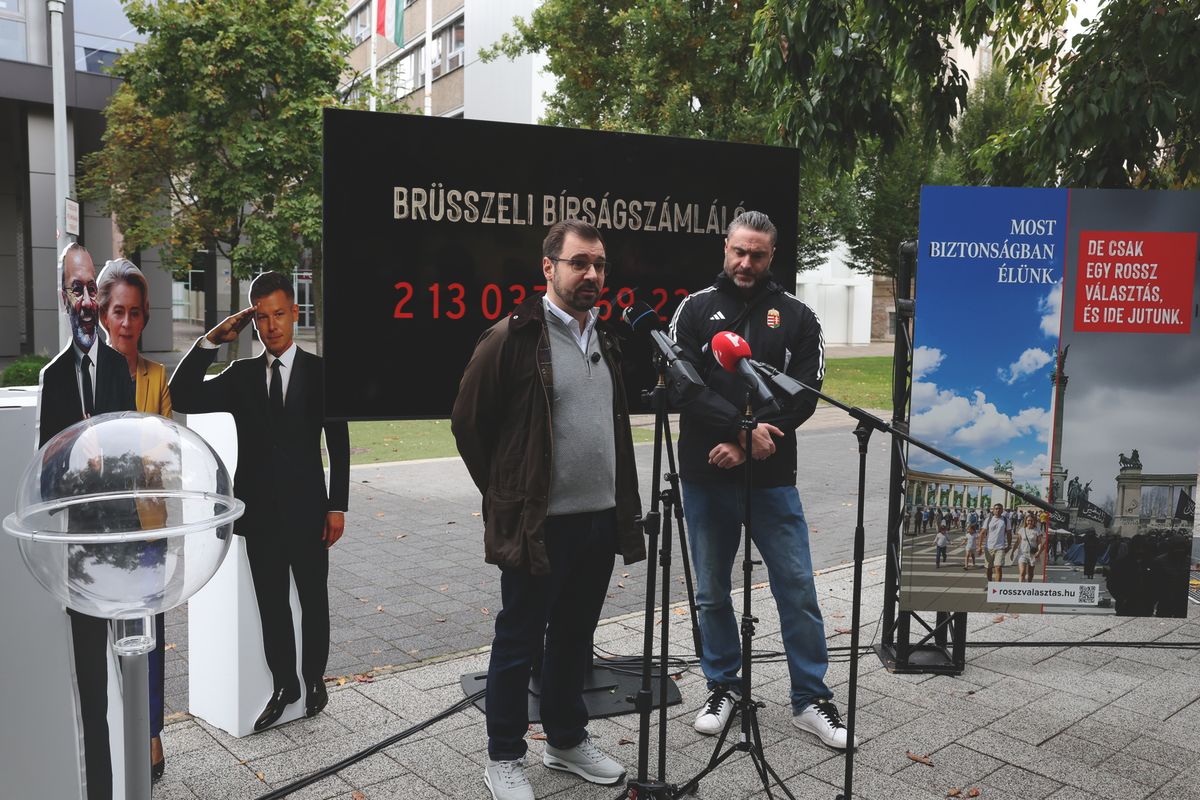
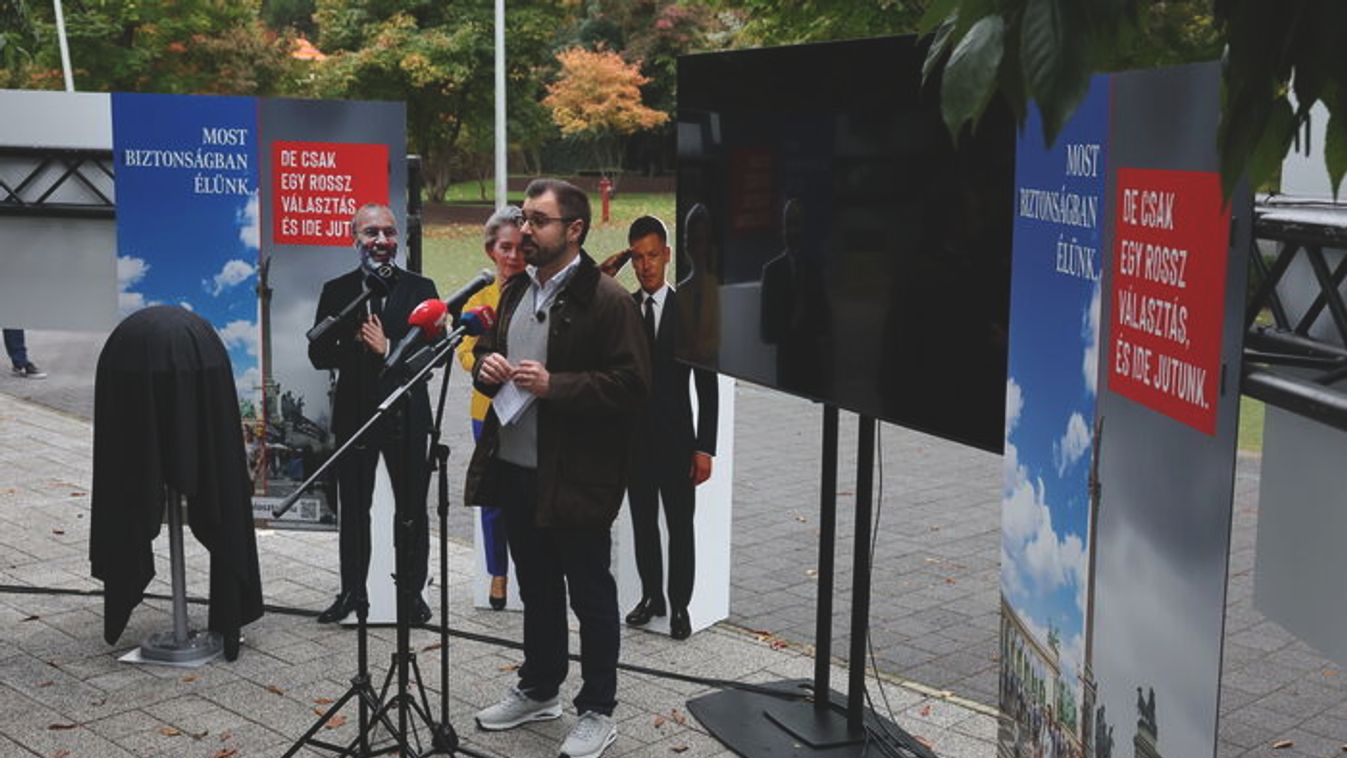
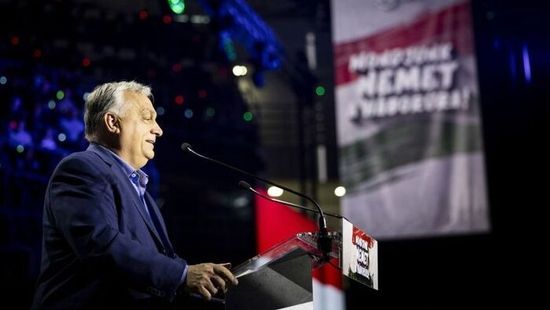




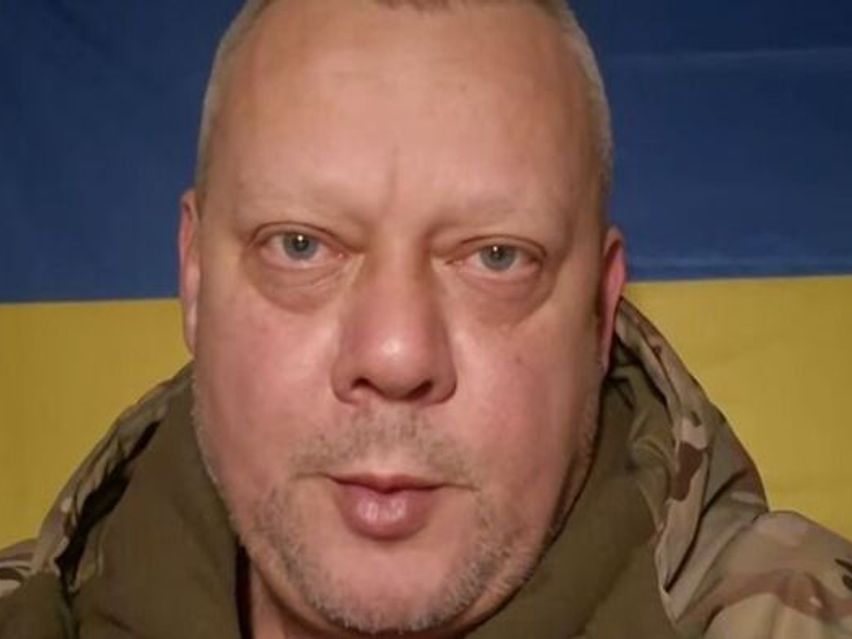
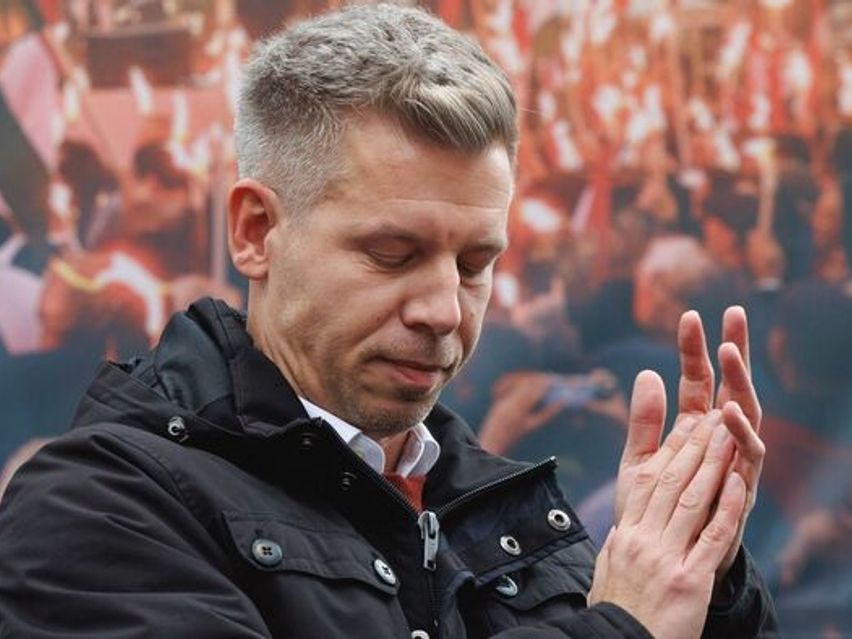
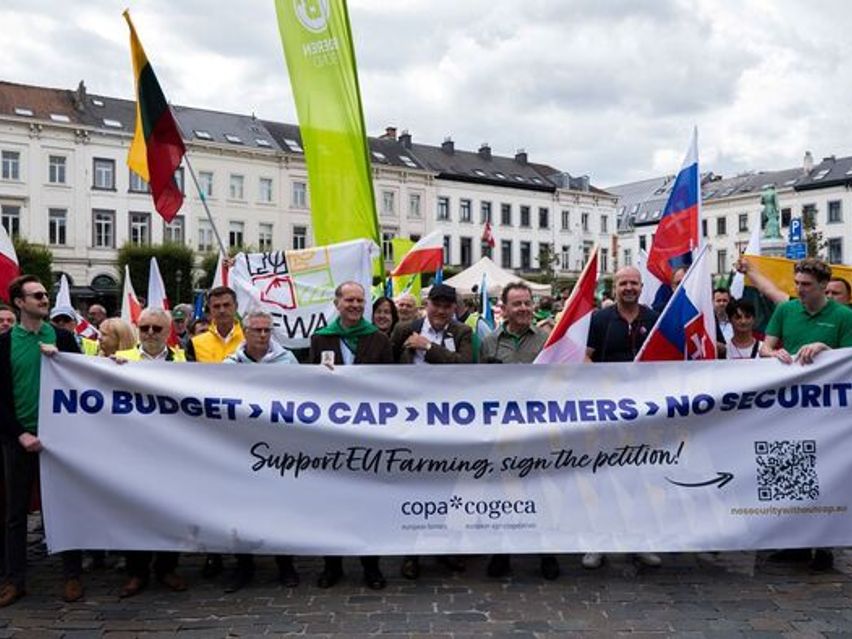



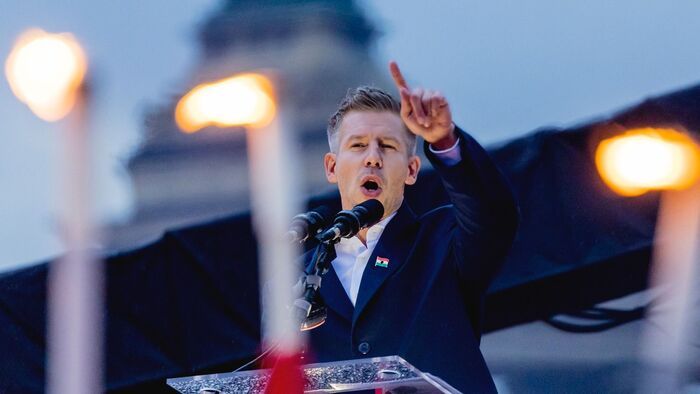
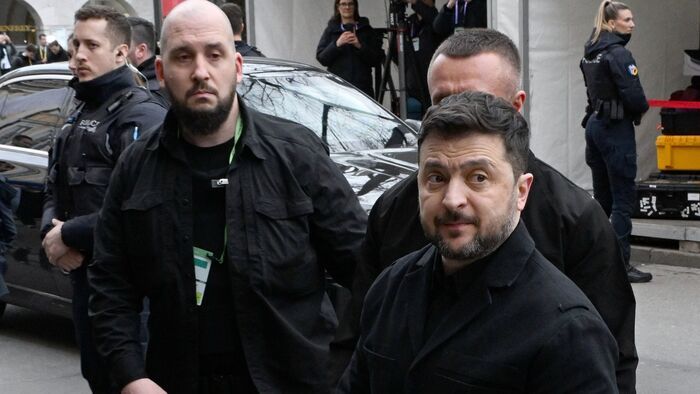
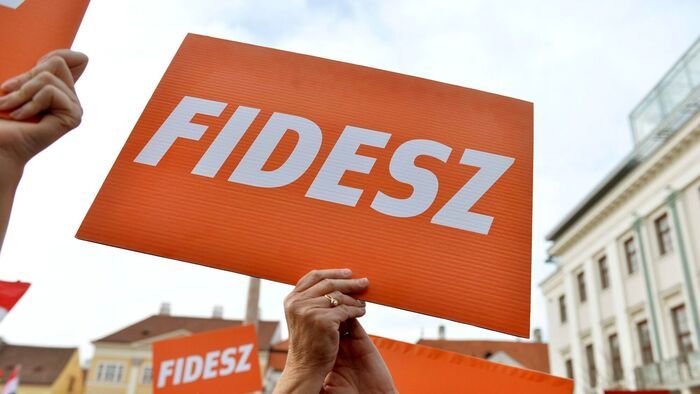

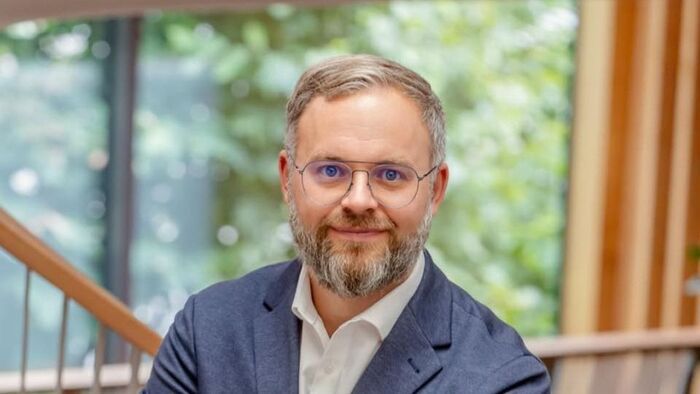
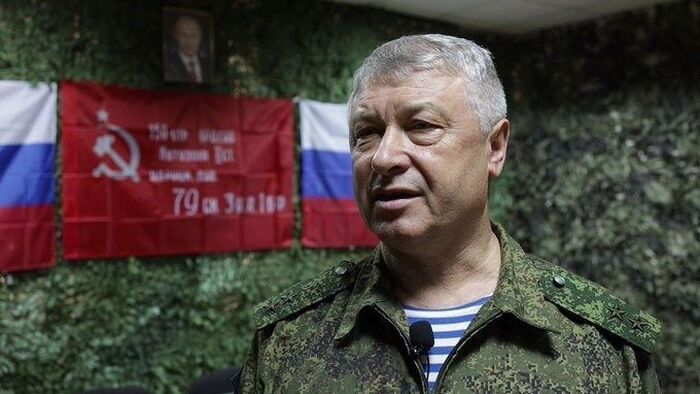



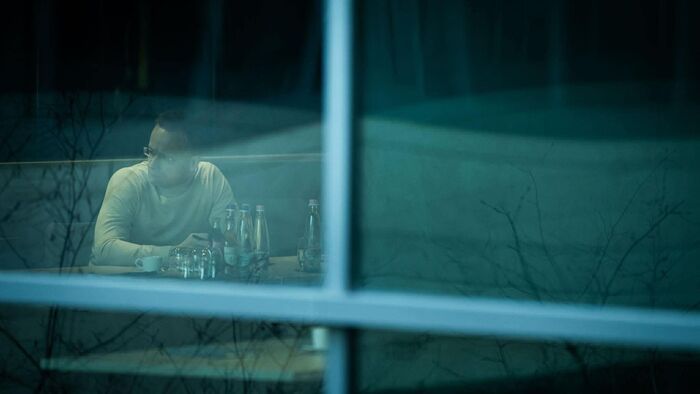

Szóljon hozzá!
Jelenleg csak a hozzászólások egy kis részét látja. Hozzászóláshoz és a további kommentek megtekintéséhez lépjen be, vagy regisztráljon!